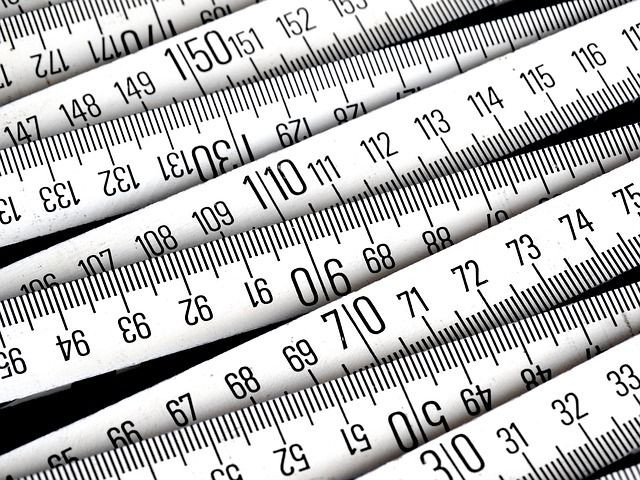Low-Fat Diet Foods May Cause Weight Gain And Even Lead To Liver Damage And Brain Inflammation: Study

Diet foods are marketed for their waist-cinching health benefits, but new research has found that what they lack in fat calories is made up in sugar. As a result, these so-called “diet” foods may actually be the cause of your weight gain, and even lead to other serious health problems such as liver damage.
The study, now published online in Physiology & Behavior, found that mice fed a diet high in sugar but low in fat, reflective of many popular diet foods, actually increased their total body fat when compared to mice fed a balanced rodent diet. Although the mice fed the high-sugar diet did not consume more calories than the control mice, the low-fat, high-sugar foods caused their bodies to actually generate the same amount of fat gain with half the calorie consumption. This metabolic change was responsible for their weight gain. What’s more, mice fed this “diet-food diet” also experienced other health problems such as liver damage and brain inflammation.
Read: What Is 'Clean' Eating? 33 Healthy Foods For Weight Loss
"Most so-called diet products containing low or no fat have an increased amount of sugar and are camouflaged under fancy names, giving the impression that they are healthy, but the reality is that those foods may damage the liver and lead to obesity as well," said the study's lead investigator, Krzysztof Czaja, in a recent statement.
For the study, the team fed healthy mice either a high-sugar, low-fat diet; a high-fat, high-sugar diet; or a normal balanced rodent diet over the course of four weeks. Result showed that high-fat, high-sugar diets led to an increase in liver fat, body weight, and body fat, but surprisingly the same results were also observed in mice fed the low-fat, high-sugar diets.
While weight and body fat gain is problematic, according to Czaja, the increases in liver fat were most worrying, as this was significant in the high-sugar, low-fat group. Liver fat can lead to liver disease, a life-threatening condition. Czaja explained that the liver fat accumulation observed in the low-fat, high-sugar fed mice was similar to that seen in people with nonalcoholic fatty liver disease. This health condition occurs when the liver has too much fat stored in liver cells; in its most severe forms, it can progress to cirrhosis and liver failure, The Mayo Clinic reported.
According to The BBC, many low-fat foods are given higher amounts of sugar during production in order to ensure consumers still enjoy their taste and texture. While these foods still have a low calorie count, the addition of sugar and elimination of typical cooking oils means that our bodies digest them faster. This can lead to blood sugar swings and cravings. As a result, although the food may have lower calories, we may also end up eating more than normal. In addition, The BBC reported that having a diet too high in low-fat, high-sugar foods can even give the same risk of diabetes, heart disease, and high cholesterol as a typical high-fat diet.
The team is not sure if a return to a healthy, balanced diet can reverse the liver and brain changes caused by the high-sugar, low-fat diet, but they plan to investigate further.
Source: Sen T, Cawthon CR, Ihde BT, et al. Diet-driven microbiota dysbiosis is associated with vagal remodeling and obesity. Physiology & Behavior. 2017
See Also:
Eat This, Not That: 6 'Diet Foods' You Should Avoid If You Actually Want To Lose Weight
Diet Trends 2017: How The Popular 80/10/10 Eating Plan Affects Weight Loss, Blood Sugar
Published by Medicaldaily.com



























